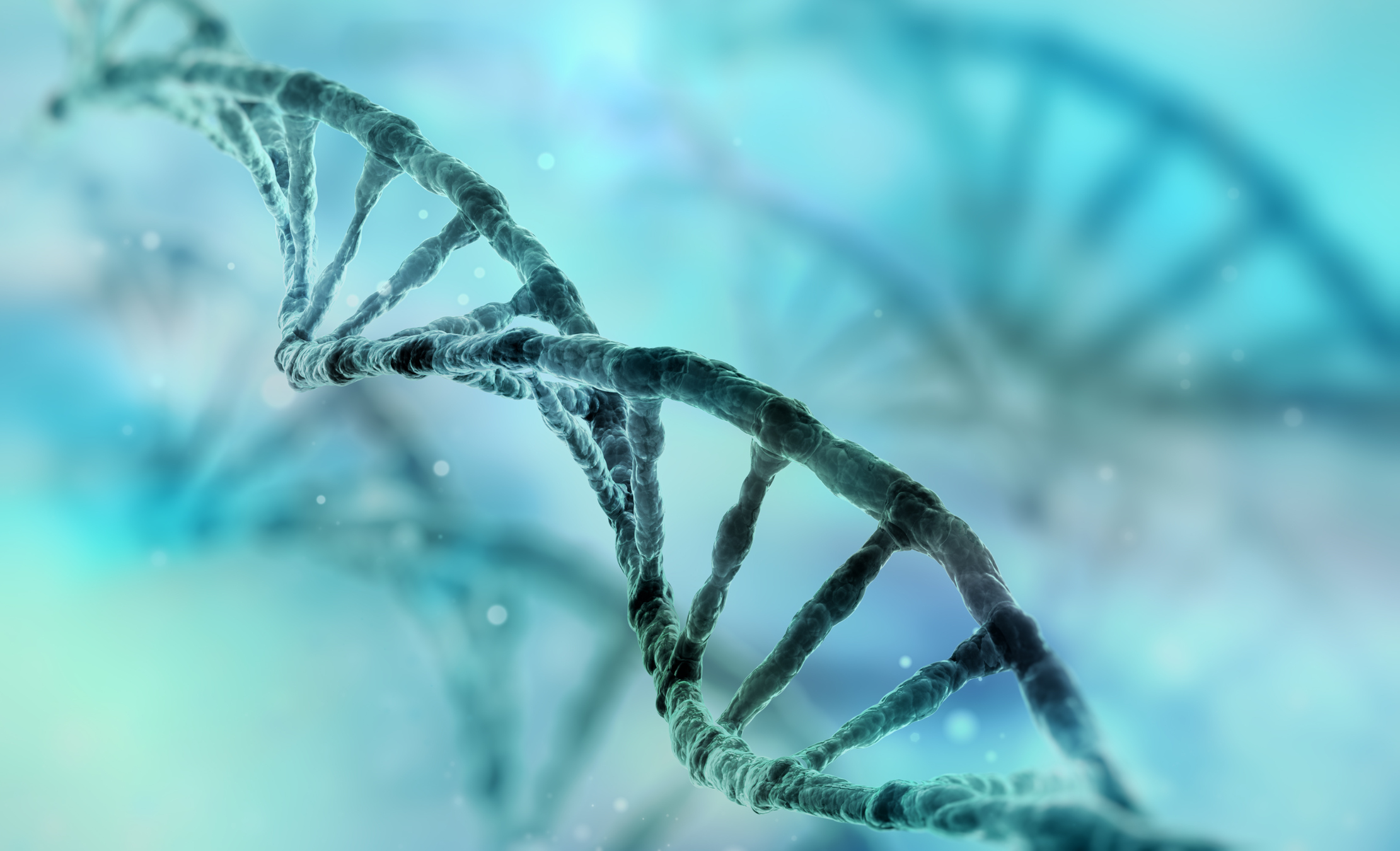Tag: Microbiology-Immunology
-

Identifying Mechanisms Supporting Nanoparticle Therapy for Autoimmune Diseases
Northwestern Medicine scientists in the laboratory of Stephen Miller, PhD, have identified the cellular and molecular mechanisms required for the antigen-specific tolerance inducing abilities of a novel nanoparticle therapy for treating autoimmune diseases, according to a recent study published in Science Advances.
-

Common Virus ‘Rewires’ Intracellular Mechanisms to Promote Infection
Investigators from the laboratory of Derek Walsh, PhD, have discovered how human cytomegalovirus rewires intracellular mechanisms to control the movement of the cell nucleus and promote infection, according to a recent study.
-

Study Identifies Misleading Genomic Sequences of Bacteria Causing Gonorrhea
Northwestern Medicine investigators have identified issues with most genomic sequence data for the Neisseria gonorrhoeae bacterium, findings that could complicate future epidemiological and pathogenesis studies, according to a recent study published in the Journal of Infectious Diseases.
-

Comparing COVID-19 Vaccines
A recent study has provided the first side-by-side comparison of how three major COVID-19 vaccine types differ in triggering immune responses and sustaining protection.
-

Genetic Mechanisms Promote Antimicrobial Resistance in Gonorrhea
Northwestern Medicine scientists have identified previously unknown genetic mechanisms that promote antimicrobial resistance in gonorrhea, findings that may inform the development of more effective treatment strategies, according to a recent study published in PLoS Pathogens.
-

Study Reveals Surprising Link Between HIV and Alzheimer’s
A new Northwestern Medicine study has uncovered a surprising molecular link between HIV-1 and a protein fragment associated with Alzheimer’s disease, according to findings published in the Proceedings of the National Academy of Sciences.
-

Understanding How a Common Virus Manipulates Host DNA
Northwestern Medicine scientists have discovered how a common virus linked to birth defects and chronic illness manipulates host DNA, according to a new study published in Nature Communications.
-

The Antibiotic That Takes the Bite Out of Lyme
A new Northwestern study shows piperacillin, an antibiotic, effectively cured mice of Lyme disease at a dose 100 times smaller than the effective dose of doxycycline, the current gold-standard treatment.
-

Post-Treatment Lyme Disease Syndrome May Be Driven by Remnants of Infection
A new Northwestern study may explain why the body may continue to respond to an invisible threat long after bacterial death in Lyme disease.
-

Novel Mechanisms Help Lethal Bacteria Recognize and Infect Cells
Scientists led by Karla Satchell, PhD, have discovered previously unknown molecular mechanisms that help a type of foodborne bacteria called Vibrio vulnificus recognize host cells and initiate infection, according to a recent study published in Science Advances.






